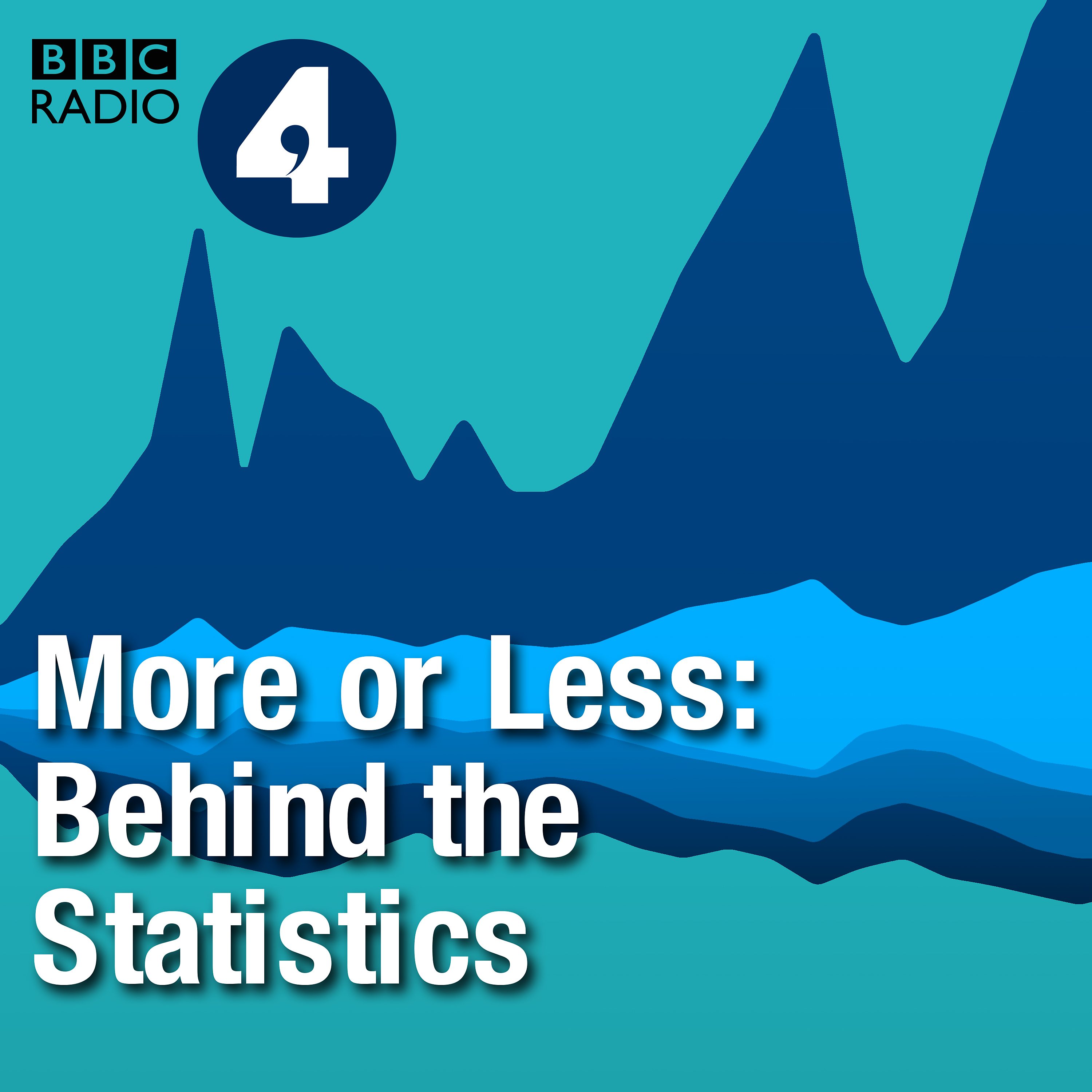
Do 79% of Swedish asylum seekers go on holiday to the country they fled from?

More or Less: Behind the Stats
Deep Dive
What is the origin of the claim that 79% of Swedish asylum seekers go on holiday to their home country?
The claim originates from a survey conducted by Swedish polling company Novus, commissioned by the online news site Bulletin. The survey asked 1,000 randomly selected individuals born outside Sweden, including 183 identified as refugees, whether they had returned to their country of origin for a holiday. 79% of the refugee group answered yes.
Why is the 79% statistic misleading when applied to recent asylum seekers?
The statistic is misleading because it includes refugees who arrived in Sweden over the last 80 years, not just recent arrivals. Many of these individuals fled conflicts or regimes that no longer exist, such as the Yugoslav Wars or Pinochet's dictatorship in Chile. They have lived in Sweden for decades, integrated into society, and may safely visit their home countries without facing the dangers they originally fled.
What challenges exist in surveying recent asylum seekers in Sweden?
Recent asylum seekers are difficult to survey due to language barriers, lack of integration, and their transient status. They are less likely to participate in surveys conducted via phone, mail, or in-person methods, making them a hard-to-reach demographic. The Novus survey primarily included long-term residents who had been in Sweden for years or decades.
How did the Bulletin's reporting contribute to the misinterpretation of the survey results?
The Bulletin's reporting was factually accurate but ambiguous, allowing the 79% statistic to be misinterpreted as referring to recent asylum seekers. This ambiguity was exploited on social media to imply that current refugees were returning to dangerous countries for holidays, which the survey did not support. The Bulletin's co-owner, Tino Sanandaji, denied using dog whistles but acknowledged the polarized debate around immigration.
What historical context explains why many refugees in Sweden might return to their home countries?
Many refugees in Sweden fled conflicts or oppressive regimes that have since ended, such as the Yugoslav Wars, Pinochet's dictatorship in Chile, or the Soviet regime. These individuals have lived in Sweden for decades, becoming citizens and integrating into society. Returning to their home countries for holidays is often safe and allows them to visit family or friends without facing the dangers they originally fled.
What does the Novus survey reveal about the demographics of refugees in Sweden?
The Novus survey shows that the majority of refugees in Sweden arrived decades ago, fleeing conflicts like the Yugoslav Wars, the Iran-Iraq War, or oppressive regimes like Pinochet's Chile. These individuals have lived in Sweden for 30 to 50 years, integrated into society, and often hold Swedish citizenship. Only 26 of the 183 refugee respondents arrived after 2010, with the most recent arriving in 2022.
Shownotes Transcript
The claim that 79% of asylum seekers in Sweden go on holiday in their home country has been repeated regularly on social media. It’s used to argue that recent refugees are being disingenuous about the danger they face in the country they have fled from. But when you look at the survey the claim is based on, you see the stat in a very different way. We speak to Hjalmar Strid, who ran the survey for polling company Novus, and Tino Sanandaji from Bulletin, the online news site which published it.
Presenter: Charlotte McDonald Producer: Tom Colls Production co-ordinator: Katie Morrison Sound Mix: Neil Churchill Editor: Richard Vadon